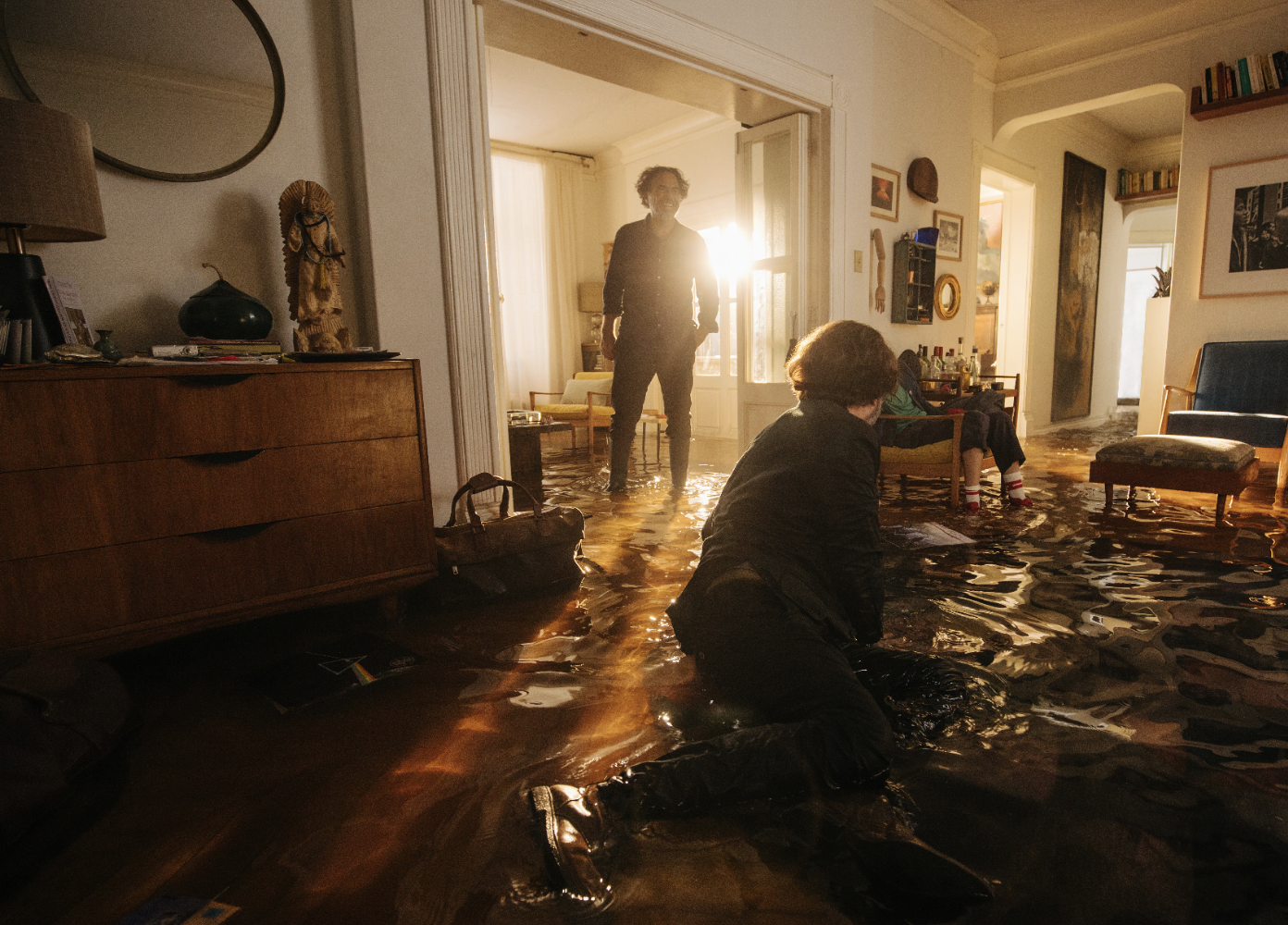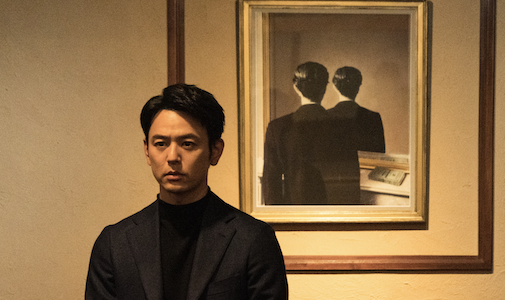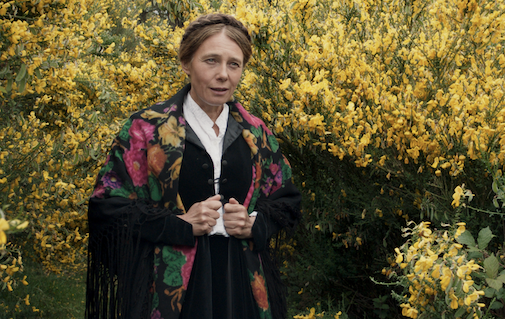by Elisa Giudici

Two men focusing on their own identities. Two women speaking to their relationship with their husbands. For day two of the Venice film festival it was a quartet of movies featuring personal intimate stories...
BARDO (FALSE CHRONICLE OF A HANDFUL OF TRUTHS) by Alejandro González Iñárritu
How much do you like Iñárritu’s cinema? Answer this question and you’ll know if you have a chance to survive Bardo. The critical response to the latest Iñárritu has not been favorable here on the Lido. The general feeling is that the celebrated Mexican director is obsessively focused on himself and it far too overindulgent while looking at his life, dreams, and career. The first statement is 100% true: Bardo is essentially his 8 1/2, a long journey into the dreams and nightmares of a “first-class immigrant” in America. While I confess I am not well informed about Iñárritu’s personal life, I felt that he was being less indulgent than self-ironic. The protagonist, Silverio, (Daniel Giménez Cacho) is a Mexican journalist who is going to receive a very prestigious prize for his work in Los Angeles. In short, he's a clear proxy for Iñárritu and his cinematic career in the United States and particularly his popularity in Hollywood.
Bardo is a sort of midlife crisis for a man who is unable to call any place home: when in LA he misses Mexico daily, but when he returns to Mexico he can no longer stand the shortcomings of his home nation. I especially liked how Iñárritu addresses his privileged condition as a migrant and understands hiw own hypocrisy in considering himself a regular citizen while living a very comfortable life in both countries. Though it's hard to imagine this movie finding an audience on Netflix, after Roma and Bardo, shouldn't Netflix offer Guillermo Del Toro a deal to direct his own autobiographical story?

A MAN (ARU OTOKO) by Kei Ishikawa
This one's a real slow-burn. Though I knew beforehand that Aru Otoko was a mystery about a lawyer trying to discover what happened to a man whose identity was faked, we spend an hour on essentially a delicate family drama before the lawyer ever appears. Slow burn. But effective! Aru Otoko gains momentum scene-by-scene, revealing a complex narrative about identities shaped by the sins of fathers. The edgy final scene is particularly memorable. It's reminiscent of Hirokazu Kore-Eda's The Third Murder, and even a bit similar to Park Chan-wook’s excellent Decision To Leave. While it's a remarkable detective story, unfortunately Ishikawa does not possess the genius of those directors, so Aru Otoko is a simpler film, both visually and narratively.

A COUPLE by Frederick Wiseman
A single hour from Wiseman sounds like the easiest of tasks given the typical length of his movies. Unfortunately Un Couple feels long and tedious despite the brief running time. Lev Tolstoj and his wife Sofia exchanged letters every day of their marriage, trying to analyze their feelings for each other with great honesty. Wiseman transforms a small piece of their voluminous correspondence into a 64 minute monologue for Sofia, reading her letters to her husband out loud. Sofia moves from the garden to the house while doing so, in an approach that would feel more at home in a stage play. Wiseman creates no point of visual interest as the wife reads her feelings aloud. It did not deserve a spot in the main competition.
I have nothing against monologues or short movies, but this is not the way of doing it effectively. In 2020 Almodovar presented The Human Voice: a single actress (Tilda Swinton) reciting a monologue in half of the time of Un Couple yet with more than double the effort to transform a theatrical piece into true cinema. Wiseman, on the other hand, is unbothered by the dull visual form of his latest.

A COMPASSIONATE SPY by Steve James
Joan Hall is a sharp minded humorous old lady. She proves an irresistible narrator of this very enjoyable documentary about her idealistic American husband Theodore's infamous act. He sold the secret plans of The Manhattan Project to the Russians. A Compassionate Spy is not only an interesting preparatory piece to Christopher Nolan’s upcoming Oppenheimer, but functions superbly as a lively chat with a woman tied to history. She was the confidant of the man who shaped the power dynamic between Russia and The United States after World War II. The story is engaging and even timely (with nods to the current invasion of Ukraine). James, a two time Oscar nominee for Abacus and Hoop Dreams, knows how to maintain the attention of his audience.
more tomorrow
previously: Tár and White Noise